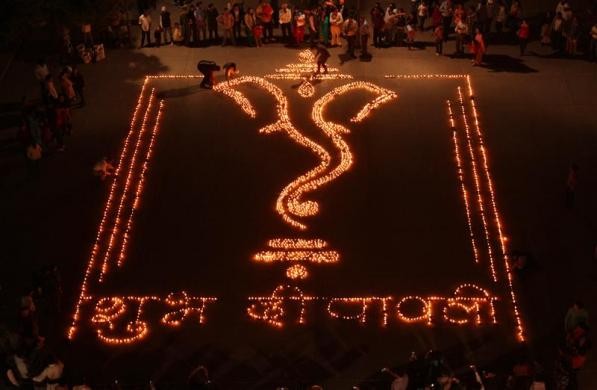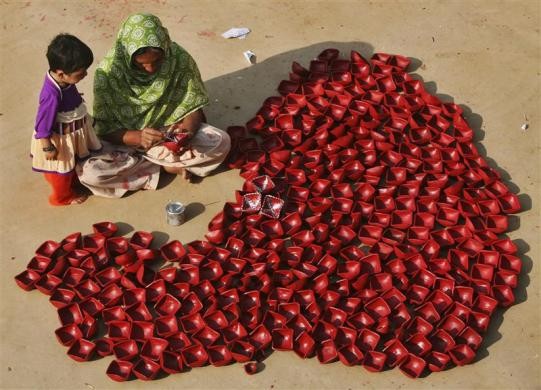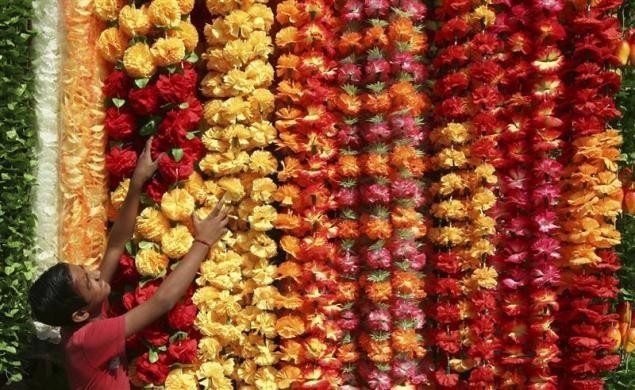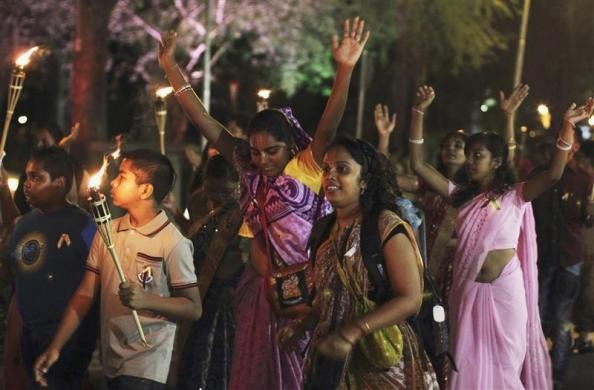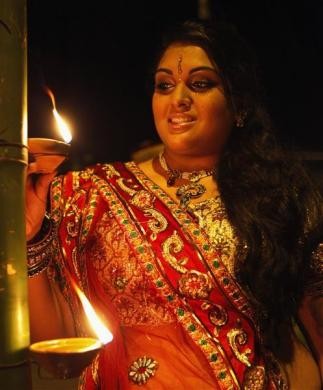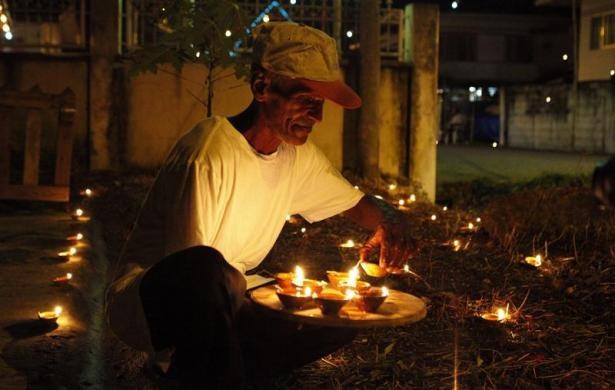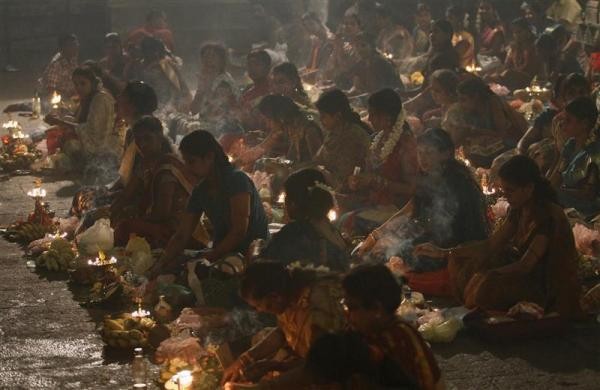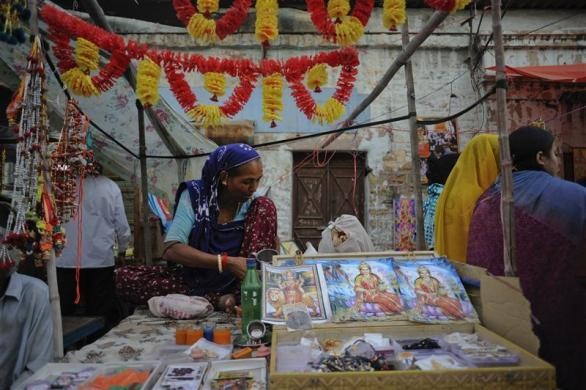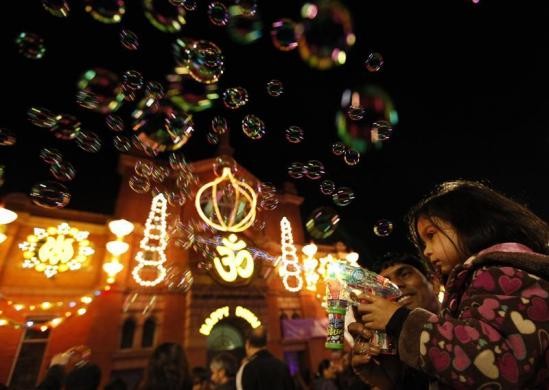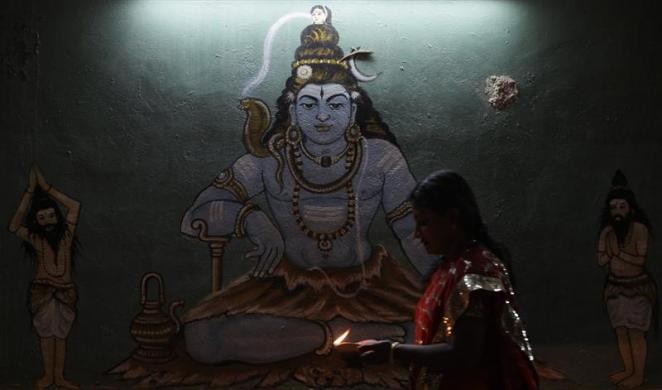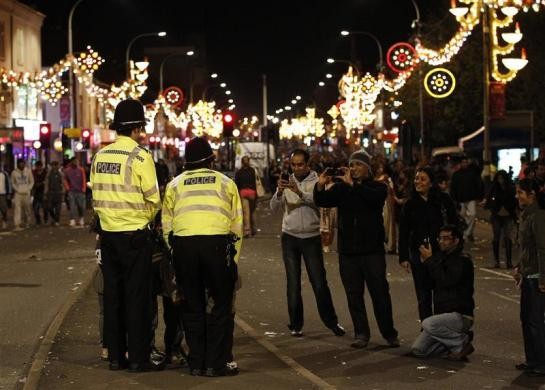Hindu communities from around the world on Tuesday celebrated Diwali - the festival of light - in symbolization of victory over evil.
Apart from the ceremonial lighting of earthen lamps and bursting of crackers, worshippers embellish their homes with lights and flowers, organize gatherings, and distribute an assortment of delicacies among friends and families. The five-day festival, which falls between October and November, usually begins with prayers to the gods and ends on a zealous and fervent note.
With India being a diversified nation, the festival has evolved according to different regions. In the northern states, Diwali marks the return of King Rama's victory over demon king Ravana and his return to Ayudhya after 14 years of exile. Hindus there celebrate the occasion on a grander scale compared to those in others parts of the country.
In the southern states like Tamil Nadu, Kerala and Karnataka, the festival that is commonly called "Deepavali" commemorates the defeat of Narakasura, a wicked demon. Pujas are mainly offered to Lord Vishnu and Goddess Lakshmi. For Hindus in Andhra Pradesh, Diwali is a two-day occasion.
Diwali also holds special importance to famers who observe the festival as the end of the harvest season.
Outside the country, the large-scale cultural crossover over the years has allowed Hindus to celebrate Diwali with much fanfare. As per tradition, people line up lamps in their homes to invite good luck and ward off evil spirits.
Nepal, Sri Lanka, Mauritiu, Singapore, the Caribbean and Fiji islands are amongst a few nations in which Diwali is declared a national holiday.
Hinduism is the third largest religion in the world, and its followers constituting 16 percent of the world's population of nearly 7 billion.
In an address to the nation on Tuesday, President Pranab Mukherjee, Prime Minister Manmohan Singh extended their Diwali greetings.
"On the joyous occasion of Diwali, I extend my warm greetings and good wishes to my countrymen in India and around the world. Diwali is a time for festivity and happiness cutting across all faiths and cultures. It is an occasion to share our joy with those who are needy and deprived," said Mukherjee.


